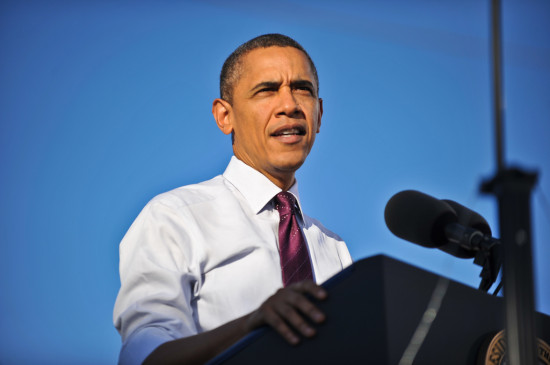
On a more serious note, the President talked about the need for better credit transaction security. “There is a need to act, and to move our economy toward stronger, more secure technologies that better secure transactions and safeguard sensitive data,” the White House said in a statement. Over the last year alone, data breaches at some of the country’s largest companies, such as Target and Home Depot, have compromised the financial data of more than a hundred million Americans.
To that end, Obama announced a plan last Friday to tighten payment security for debit cards. “The idea that somebody halfway around the world could run up thousands of dollars in charges in your name just because they stole your number, or because you swiped your card at the wrong place at the wrong time, that’s infuriating,” President Obama said. “For victims, it’s heartbreaking. And as a country, we’ve got to do more to stop it.”
Stronger measures against identity theft now include the chip and pin technology. Britain, in switching to the new system, had already cut down identity fraud in their stores by around 70%.
Unlike old cards that relied on a magnetic stripe and personal identification code or signature, the new cards will have embedded chips as an added security measure. This makes it harder to produce counterfeit cards.
However, upgrades to the retailers, banks, and payment processors have slowed down the transition to the new system. The move only gained traction when news of payment system breaches at Kmart, Target, and Home Depot hit the public. The Payments Security Task Force said that the new technology is expected to go live by the end of 2015, starting with 46% of US stores upgrading to the new payment terminals.
Obama also mentioned a plan to support the upgrade of small businesses to the new system by American Express. Visa also has plans for a program that would educate consumers as well as retailers to the new technologies, to ease growing pains as both consumers and businesses make the transition to more secure payment standards. Another payment processing firm, MasterCard, is also planning to install the new terminals.
With more than a million American financial data at stake, the new security measures, particularly the added layer of protection brought on by the new technologies, are expected to do more than fight back against identity theft. It is, on all fronts, expected to win.
(Photo courtesy of Nick Knupffer)
Comments